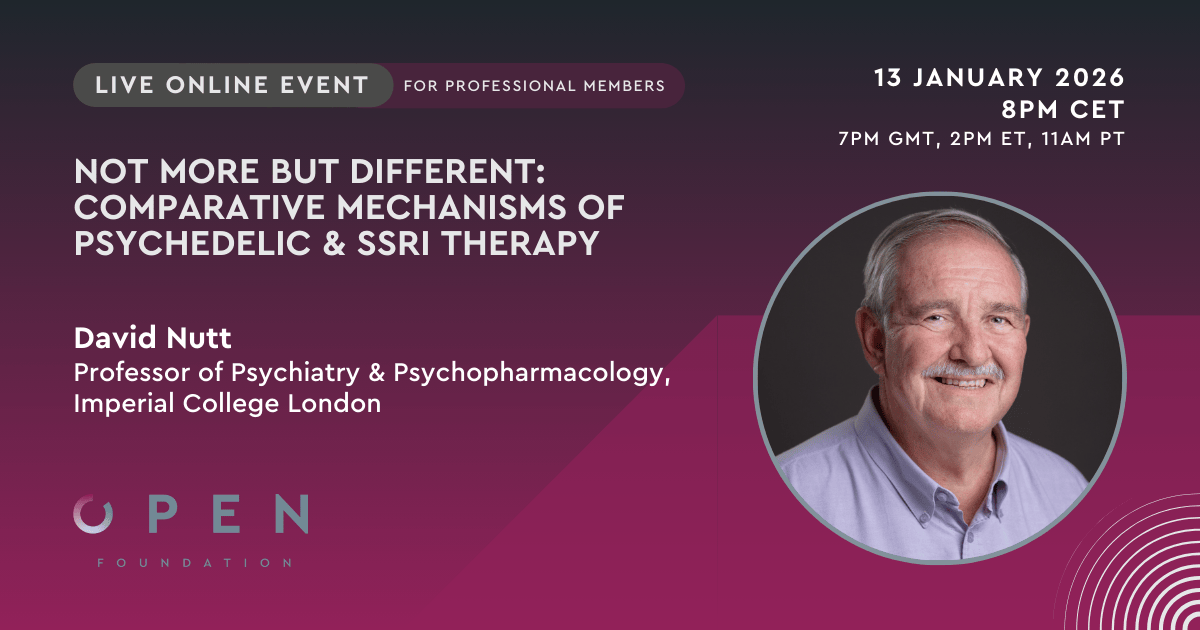Abstract
Suicide is a major global public health problem and the leading cause of injury mortality in the USA. Suicide is a complex phenomenon involving several systems and neurobiological pathways, with interacting genetic and environmental mechanisms. The literature on the neurobiology and pharmacotherapy of suicide has been limited. To date, no medications have proven efficacious for treating acute suicidal crises. There is an emerging literature supporting a rapid anti-suicidal effect of ketamine, a non-competitive N-methyl-d-aspartate (NMDA) glutamate receptor antagonist, among depressed patients with suicidal ideation. Potential ketamine’s anti-suicidal effect mechanisms are linked to interruption of the kynurenine pathway and modulating pro-inflammatory cytokines exacerbation. However, available data are not sufficient for its routine integration in clinical practice, and larger and replicated randomized control studies are needed.
Al Jurdi, R. K., Swann, A., & Mathew, S. J. (2015). Psychopharmacological Agents and Suicide Risk Reduction: Ketamine and Other Approaches. Current psychiatry reports, 17(10), 1-10. https://dx.doi.org/10.1007/s11920-015-0614-9









